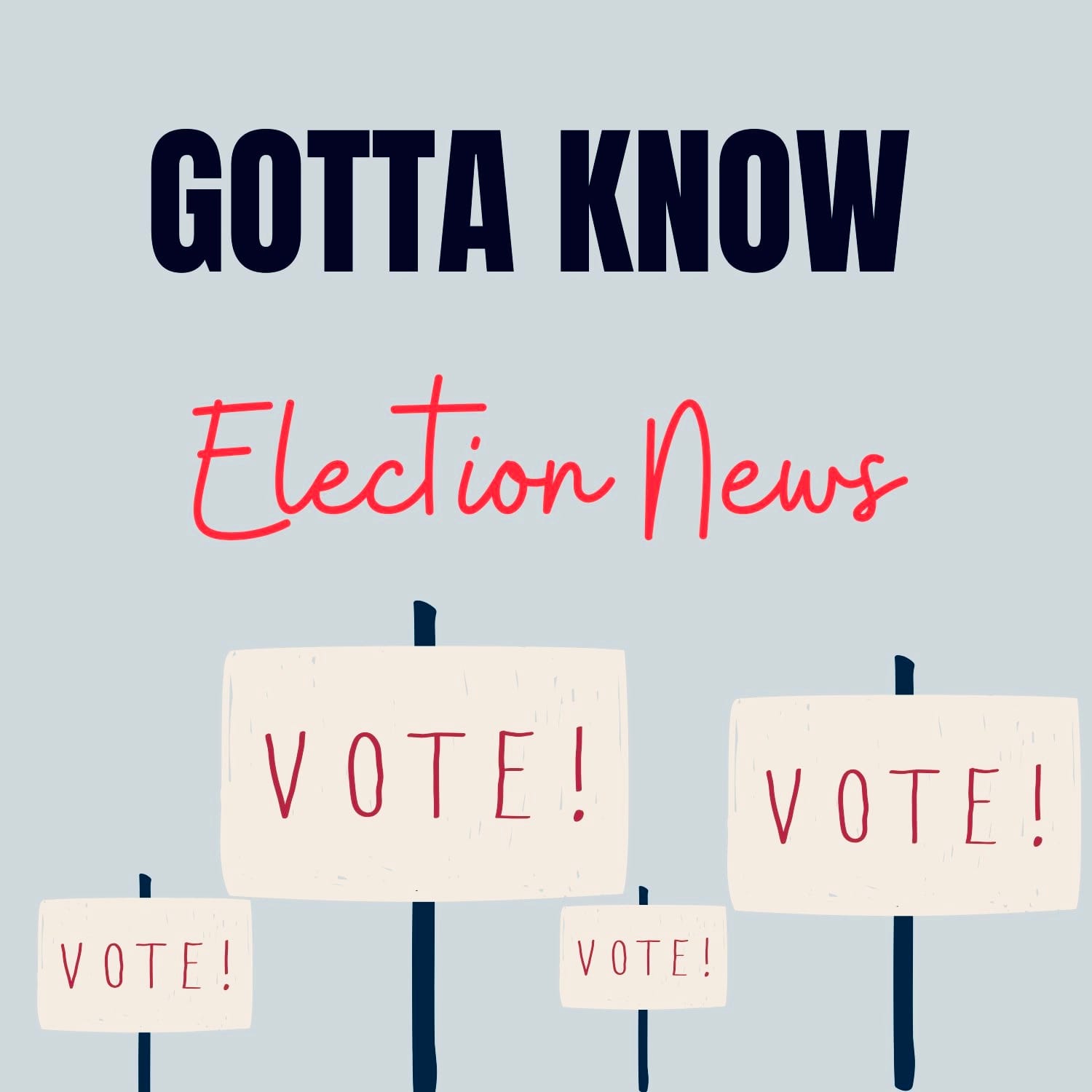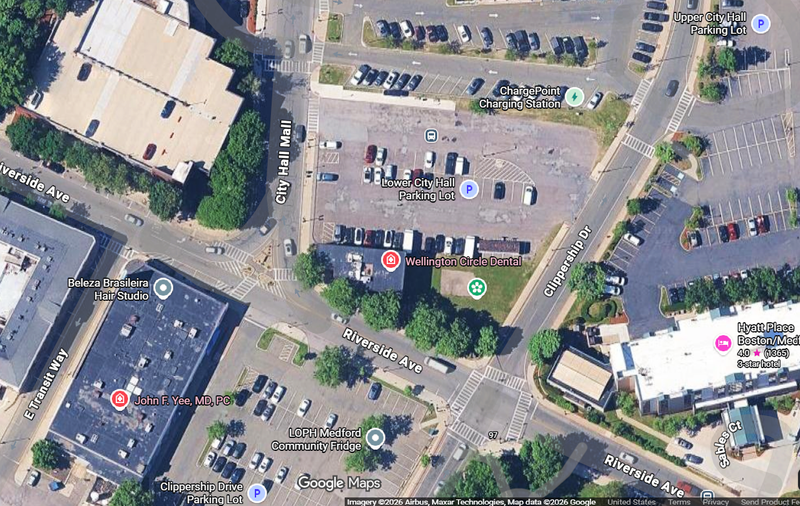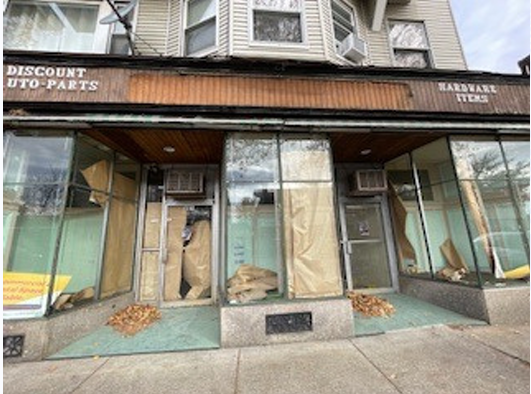Winchester man lobbies for amendment to add recall mechanism to state constitution
Michael Dattoli is concerned about corruption in politics and wants to see Massachusetts residents have the option to recall officials.
While Massachusetts communities have the ability to recall an elected official, thanks to their charters, the state itself has no such mechanism. That means the governor, state legislators, district attorneys, sheriffs, and county commissioners cannot be removed unless voters decide not to re-elect them.
According to the National Conference of State Legislatures, only 19 states and the District of Columbia have a provision for state recalls, among them California, Wisconsin, and Rhode Island. That leaves 31 states, including the Bay State, without.
But one Winchester resident hopes to change that.
Michael Dattoli is in the process of gathering signatures for a ballot initiative that would implement a recall mechanism as an amendment to the state constitution. This is Dattoli’s second try.
“Someone needs to take the next step and get this method into Massachusetts,” Dattoli said.
Massachusetts General Law allows for citizens to present petitions to the attorney general’s office for a statewide ballot initiative. Once vetted for constitutionality and legal language, the AG then turns the petition back to the citizen.
That’s when petitioners hit the streets to gather the 75,000 signatures required by the secretary of state’s office, which must then certify that the signatures belong to registered voters. Petitioners have 11 weeks, from September to mid-November, to gather signatures and return the petitions for certification of the signatures.
“Right now, there are 44 petitions floating around Massachusetts,” Dattoli said, of the 2025 election cycle. “Only four or five will make it to the ballot.”
Dattoli said because it’s such a difficult process, it’s almost impossible for a lone resident like himself to do it.
“There are actually companies you can hire to get the signatures for you,” Dattoli said. “You can get it done easily if you have the money.”
In 2023, Dattoli got 5,000 signatures for his petition, which he said “felt like a lot of work.”
This time around, he formed a political committee, hoping to raise money and find support. So far, he’s raised only $200 and found 1,600 supporters on Facebook to be his boots on the ground.
And he’s reached out to city and town committees statewide for support.
“Unfortunately, their reactions have been mixed,” Dattoli said. “And people can only focus on a small number of initiatives.”
If this petition fails, what happens then?
“What happens is that your petition will expire,” Dattoli said. “Because this will become a constitutional amendment, you have to wait another two years to start the process all over again.
“If you think it’s easier the second time around, it’s not. You really need a large group of dedicated volunteers and set up a structure. It’s a real beast. There are too many steps involved and I think it’s purposefully difficult.”

Why he’s doing it
When he’s out gathering signatures, Dattoli said, most people he runs into are very surprised Massachusetts has no recall mechanism.
“I was surprised myself,” he said. “As far as I can tell, no one in recent memory has tried to get something like this passed in Massachusetts. I was also surprised by the mixed reactions from people.”
Dattoli said there’s not a large appetite for recall in Massachusetts, considering the overwhelming dominance of one party.
“People are concerned that this will be used as a political tool to remove their enemies,” he said of the reactions he’s heard. “But if you look at a state like California, which has had some recalls, it hasn’t been too many. I think people would use this responsibly, regardless of the political party.”
Dattoli said Massachusetts has had some instances where recall has been used on the local level.
For example, in November 2018, Fall River voters cast ballots in a recall election after their mayor, Jasiel Correia, was arrested that same October and charged with wire fraud and filing false tax returns. The mayor had refused to resign, forcing the city into the recall.
“Corruption is a very real thing in politics,” Dattoli said.

Recall has a process
The National Conference of State Legislatures estimates the “recall device began in the United States in a municipality — Los Angeles — in 1903.”
“Michigan and Oregon, in 1908, were the first states to adopt recall procedures for state officials,” the website reads. “Illinois became the most recent state to adopt recall procedures for state officials when voters approved a constitutional amendment in 2010 to allow recall of the governor. Before that, Minnesota (1996) and New Jersey (1993) were the most recent.”
Dattoli said many states are willing to adopt a recall mechanism and add steps along the way that will ensure fairness in the process. For example, some states don’t allow recall in the first or last six months of a term and many set a high bar when it comes to the percentage of votes needed to recall someone, about 20% in Wisconsin and 12.5% in California.
“I would say that people would reserve a recall for a serious issue,” Dattoli said. “I can’t envision a world where you would recall someone like, let’s say, the governor.”
But, that’s not the point. Dattoli wants to give citizens the option.
“For me, it’s about accountability,” he said. “If you vote to put someone in office and they break your trust, you should have a mechanism to recall them.”

What’s next?
With less than a month left until ballot initiative signatures are due back to Secretary of State William Galvin’s office, Dattoli said he knows he won’t make the needed threshold.
But don’t count him out. Dattoli plans to file his ballot initiative for a third time in 2027.
Why?
“People don’t know there’s no recall in this state,” he said of his reasons for staying the course. “Also, this is a way to make an impact on the legislature through the ballot process. You can make a difference.”
Dattoli pointed to a plethora of citizen petitions that have made a difference in Massachusetts, including the following:
- 1911 - allowed voters to use voting machines in elections
- 1948 - added the phrase “The right of free speech shall not be abridged” to the state constitution
- 1972 - set the minimum voting age as 18
- 2024 - eliminated the MCAS exam as the sole graduation requirement
Check out Ballotpedia for a list of Massachusetts ballot initiatives from 1895 to 2026, when a firearms regulations referendum is set for the November election.
Dattoli said Massachusetts residents are lucky in that anyone can file a petition to make changes to the state constitution. He hopes his effort gives others, especially the younger generation, an impetus to become involved in the process.
In the meantime, he’s still gathering signatures.
“I have good intentions,” Dattoli said. “I’m taking action and I’m ruffling some feathers."
For more information on Dattoli’s ballot initiative or to get involved in the effort, email MassachusettsRecall@gmail.com.





